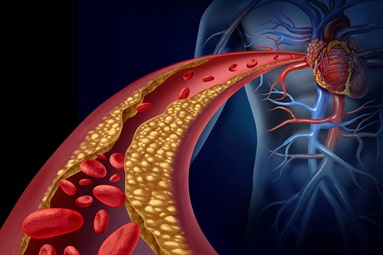Drug Discovery
Survey fresh pharmacological responses to cardiovascular disease.
Science News
Journals
Continuing Education

The ATVB Council focuses on arteriosclerosis, thrombosis and vascular biology. The council advances research, addresses prevention, improves diagnosis and treatment, and works actively with other organizations. It shares reliable information through its annual conference, awards and lectures, and in the AHA’s journal, Arteriosclerosis, Thrombosis, and Vascular Biology.
The CLCD Council supports AHA objectives in clinical cardiology, promotes excellent clinical care, and fosters professional development and education for clinical cardiologists. Through council-sponsored symposia, panels, and scientific conferences, members can access and interpret new developments in the field and promote clinical cardiology to professional and lay audiences.
The GPM Council seeks to advance discovery and translation of biological insights from genetics and omics technologies to improve cardiovascular and brain health through better risk prediction, treatment and prevention for patients. Our expertise spans genetics, genomics, genomic medicine, epigenetics, transcriptomics, metabolomics, proteomics, microbiome, bioinformatics, computational science, and population health.
American Heart Association Professional Members
Enjoy instant benefits!
- Free Online Access to AHA Scientific Journals
- Affiliate with our 16 Scientific Councils
- Discounts on Scientific Conference Registration and Online Courses



